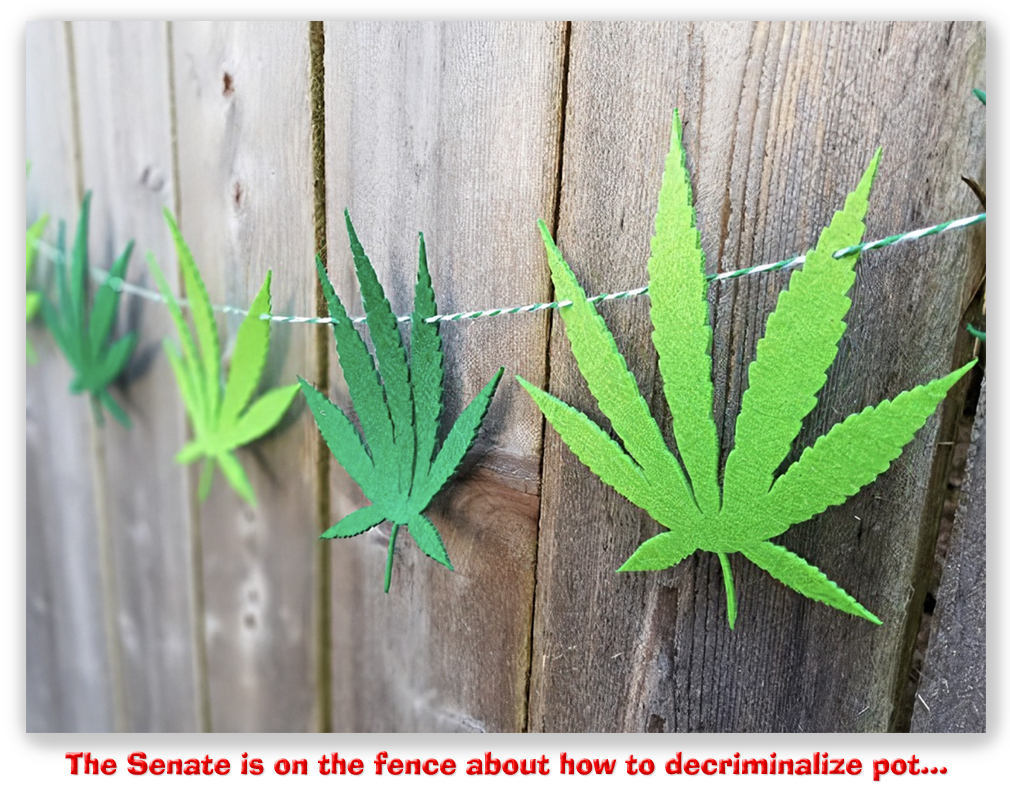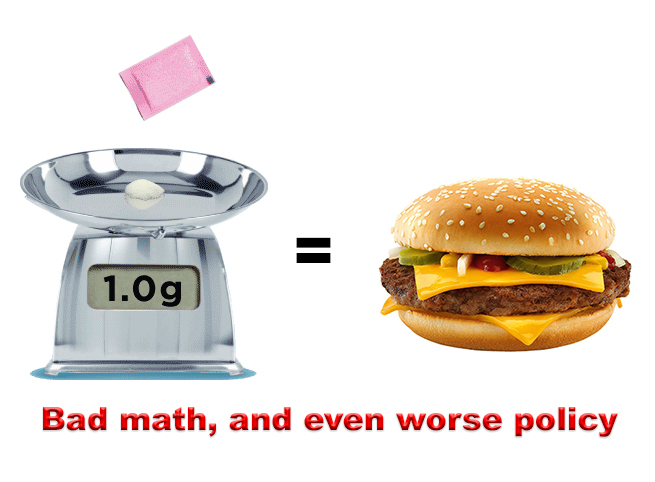We post news and comment on federal criminal justice issues, focused primarily on trial and post-conviction matters, legislative initiatives, and sentencing issues.

LEGISLATORS GENERATING HEAT BUT NOT LIGHT
Both Houses of Congress are back from summer vacation. Criminal justice reform measures are pending (and may be poised for passage). Except midterm elections are 49 days away, and no one up for re-election is anticipating any traction from being in favor of helping out prisoners.
Anyone who wants to know what the Senate thinks of convicted persons needs look no further than last week’s 47-50 rejection of former Federal Public Defender Arianna J. Freeman as a 3rd Circuit appellate judge. Freeman was criticized by Senate Judiciary Republicans last March, when the Judiciary Committee did not approve her nomination, because of her success in overturning a death row inmate’s sentence. Critics called her a “zealot” for fighting capital punishment.
Freeman said that her office represented the man “as was our duty… Ultimately, Mr. Williams actually prevailed both in the U.S. Supreme Court as well as the Pennsylvania courts because of unlawfulness that took place during the course of his conviction. My colleagues and I pursued those available arguments under the law and we did prevail.”
Winning cases matters to the Senate – unless you represent criminal defendants. To the Senate, her success was her failing.
 Nothing is easier to demagogue than being tough on crime.
Nothing is easier to demagogue than being tough on crime.
The two criminal justice reform measures most likely to pass are the EQUAL Act (S.79) and the MORE Act (HR 3617). Last week, the Washington Post expressed pessimism over whether the EQUAL Act – which would equalize sentences for crack and powder cocaine – could pass. “The measure has stalled over concerns that Republicans could push for divisive amendments,” the Post said. “As the Senate juggles a number of measures ahead of November’s midterm elections, advocates worry that the window for action is closing. Democrats should continue to push for the Equal Act — but also be open to compromise if necessary. A possible middle ground might involve a 2.5-to-1 ratio, achieved entirely by increasing the quantities of crack that trigger mandatory minimums. This ratio could be further reduced or brought to parity in the future, and a deal could be supplemented with funding for research on the addictiveness and deadliness of these substances, as Mr. Grassley has pushed for.”
Meanwhile, the cannabis industry is lobbying hard for marijuana reform “before midterm elections that could reshape the political landscape on Capitol Hill,” according to a Canadian newspaper:
In April, the House passed the Marijuana Opportunity Reinvestment and Expungement Act (MORE Act), which would effectively remove cannabis from the U.S. list of controlled substances and provide sentence relief to people serving marijuana sentence.
The MORE Act’s prospects in the Senate are less certain. Senate Majority Leader Chuck Schumer (D-NY), the most powerful Democrat in the upper chamber, has already introduced the Cannabis Administration and Opportunity Act. The CAOA also includes criminal sentence reform, but contains provisions regulating the cannabis industry that are much different than MORE.
What may happen is that the SAFE Banking Act, a more incremental step that does not include sentence reform but one with more bipartisan support in Congress than either MORE or CAOA, may be substituted. “We know right now, if SAFE were to come up, it would be a 65 to 70 vote,” an industry spokesman says. “We know the votes are there for SAFE, so our focus is on getting SAFE over the finish line.”
Good news for the industry, but bad news for marijuana defendants.
The Prohibiting Punishment of Acquitted Conduct Act of 2021 (S.601) has gone nowhere in the Senate since being passed out of the Judiciary Committee in June 2021. But supporters may get what they want from an unexpected quarter.
 In Shaw v. United States, the Supreme Court has been asked to hear a case where the district court used conduct of which the defendant was acquitted to increase his sentence (although still within the statutory maximum). The Supremes have not yet ruled on the petition for certiorari, but the petition has collected amicus briefs urging its grant from the conservative Cato Institute to the liberal Americans for Prosperity, as well as from Prof. Doug Berman and The National Association of Federal Defenders.
In Shaw v. United States, the Supreme Court has been asked to hear a case where the district court used conduct of which the defendant was acquitted to increase his sentence (although still within the statutory maximum). The Supremes have not yet ruled on the petition for certiorari, but the petition has collected amicus briefs urging its grant from the conservative Cato Institute to the liberal Americans for Prosperity, as well as from Prof. Doug Berman and The National Association of Federal Defenders.
Last week, a Bloomberg Law opinion piece argued for the Court to hear it:
Taking up the issue of acquitted conduct sentencing this next term will give the court another opportunity to tackle a criminal justice issue that unites people from across the spectrum… At least three current justices have questioned or called for an end to this unjust practice… There is reason to hope other members of the court would also agree acquitted conduct sentencing is unconstitutional given their professional backgrounds and experience on the front lines working in the criminal justice system.”
Washington Times, Biden judicial nominee loses Senate confirmation vote (September 13, 2022)
Washington Post, The powder vs. crack cocaine disparity still exists, and it’s still unfair (September 15, 2022)
Chronicle-Journal, As midterms approach, Capitol Hill lawmakers push banking reforms for legal cannabis (September 15, 2022)
Shaw v. United States, Case No 22-118 (petition for cert pending)
Bloomberg, US Supreme Court Should Tackle Acquitted Conduct Sentencing (September 14, 2022)
– Thomas L. Root























